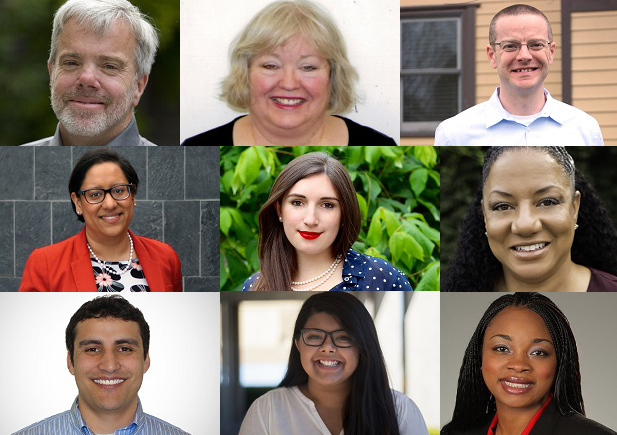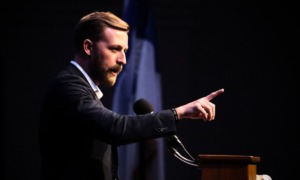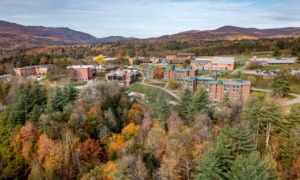Few question it when national service is touted – as it was Tuesday at an event in Washington, D.C. – as a key solution to getting America’s unemployed and out-of-school youths to succeed in life and in work.
But when a panel of nonprofit and national service leaders was questioned on how often youths land jobs after they’ve completed their service and how much money they then earn, it was hard to discern an insightful response.
“You didn’t hear one,” said Sally T. Prouty, president and CEO of The Corps Network, an advocacy group for youth service and conservation groups working around the country.
Prouty, who attended the Dec. 15 Center for American Progress event on Doing Good is Good for the Recovery: Unemployed Youth, National Service Investments, and Job Creation, said the national service field needs to study the long-term impact of national service on employment and earnings outcomes for out-of-school youths who complete such programs.
“It’s hugely important,” Prouty said of the need for more research. “But you can only do it if you get money to support it.”
Some data on post-service employment and earnings came from panelist Ely Flores, 2005 graduate of LA CAUSA YouthBuild, a leadership and community development nonprofit for youth living in East Los Angeles.
Flores, who advocates for service-learning programs like YouthBuild, which impart life skills through construction training and other hands-on work, said data show these graduates earn just $8 to $8.87 per hour – barely above minimum wage. “That is still a struggle with YouthBuild,” he said.
Flores – once involved in the juvenile justice system and now a youth advocate through an organization he founded called LEAD, Leadership and Empowerment for Adjudicated Youth – said YouthBuild and related programs need to create better relationships with businesses and unions. These sectors “haven’t been so youth-friendly,” he said, and might need to overcome a reluctance to work with high school dropouts who’ve been incarcerated – the types of individuals YouthBuild is trying to help succeed.
Panelist John Bridgeland, former adviser to President George W. Bush who is now president and CEO of Civic Enterprises, a public policy development firm, said service can, in fact, be a way to keep youths from falling into unemployment and the risky, anti-social behaviors that often follow.
Others agreed that volunteers need some type of credential that has value in the job market after service stints are over.
“Hard work, low pay, miserable conditions” is how panelist David Muraki describes the work of the California Conservation Corps (CCC), a state agency that coordinates youth volunteerism in the areas of disaster relief, energy conservation and other projects in California. “It means we’re about service no matter what,” said Muraki, CCC’s director.
But he said CCC is participating in a Bill & Melinda Gates Foundation-funded initiative to ensure that its members who do energy-conservation work receive certificates that “make it clear to employers they completed training” and to improve their “employment opportunities in the future.”
Federally supported volunteers, such as those funded through AmeriCorps, lessen the strain on the private nonprofit sector, said panelist Kirsten Lodal, CEO and co-founder of LIFT, which recruits and trains volunteers.
AmeriCorps VISTA (Volunteers in Service to America) can “build capacity” of poverty-fighting nonprofits, she said, by supplementing the work of paid staff at a fraction of the cost.
At a time when human service funding is scarce, the results can be dramatic, Lodal said. LIST, for instance, engaged a VISTA member for volunteer recruitment, who helped increase overall volunteer participation by five-fold within six months. VISTA volunteers have also helped LIFT raise money, essentially serving as the agency’s first “fund developers,” Lodal said.
Bridgeland concurred with Lodal that service can help meet certain national needs at time when the nonprofit sector is stretched. And it can do this without creating huge new bureaucracies – something that he said may appeal to Republicans, who tend not to favor government-funded efforts to promote civic engagement.
Bridgeland added that national service could be a way to abate the college-graduate unemployment rate, which is at an all-time high of 5 percent in the midst of the economic downturn. “We have all this talent coming out of college that could be put to productive use,” he said.
Contact: A video of the event is online at www.americanprogressaction.org/events/2009/12/service.html.





























